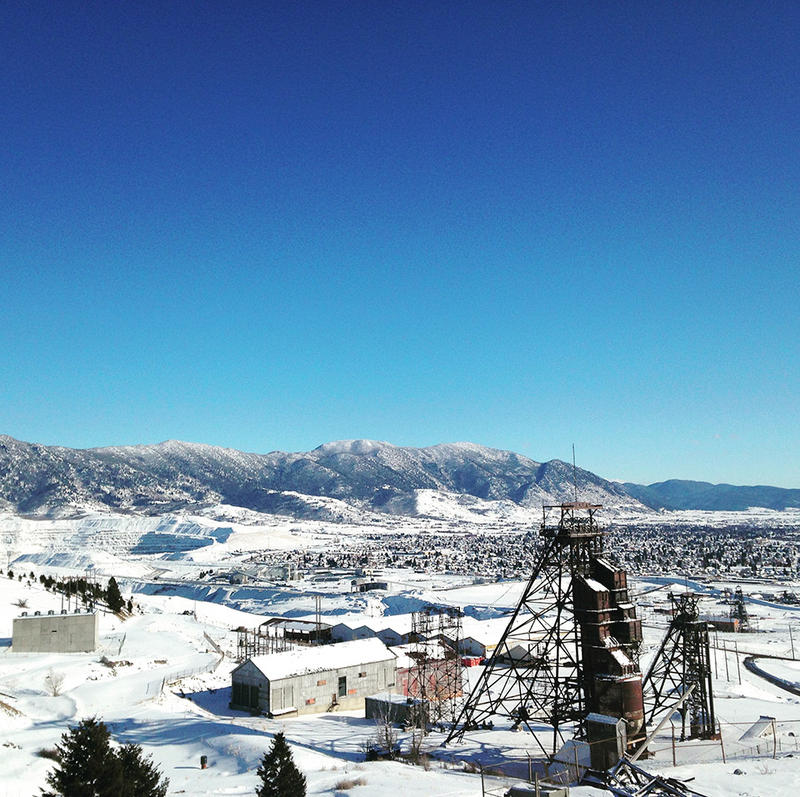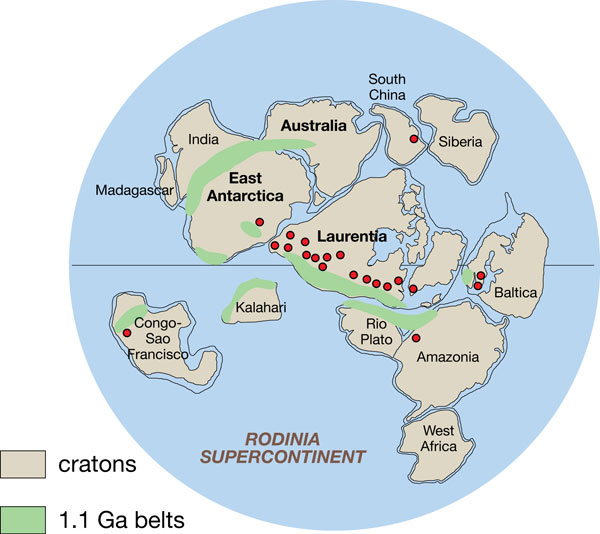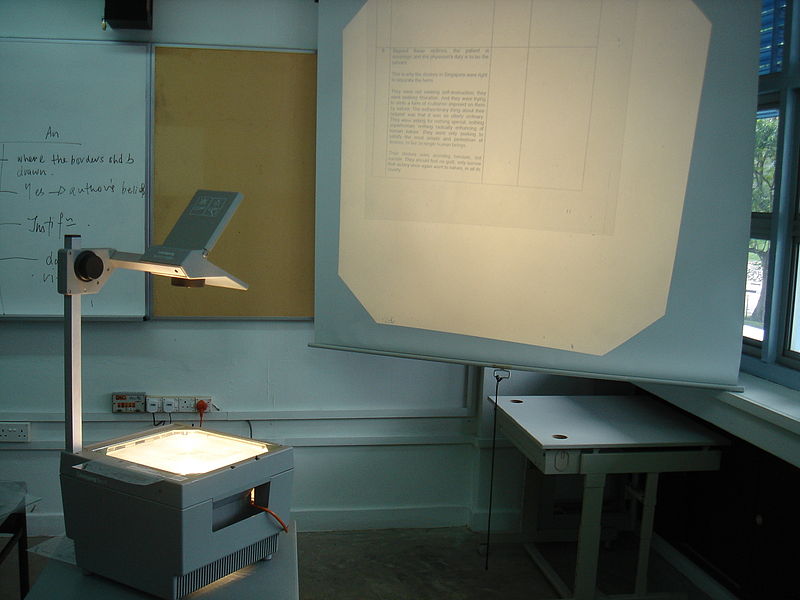Timesheets
For the last 20 years, I wake up every Monday to fill out a timesheet. It doesn’t matter if I was on vacation, sitting on a job site where there is no internet, hungover somewhere, or on my death bed. There is a timesheet that is signed. If the timesheet is late, some high-level corporate person is raining brimstone on that portion of the corporate ladder. Those hours are money and they need to be invoiced as soon as possible for cash flow.
The timesheet that records every minute that I work for the previous week gets assigned various projects and certain time intervals. The projects are either billable (to a client) or nonbillable (overhead). The goal is to have as much billable time as possible and minimize the nonbillable time. Bonuses, promotions, job security are all dependent at the end of the month, quarter, or yearly billability percentage.
At the same time, there is pressure on the people (project managers) running the projects from the people who pay us (clients) to work on project. They have to meet budgets and deadlines for deliverables. So, they are trying to minimize the amount of time worked on a project to make the budget to look good in front of the client (and get more work from them) and keep the corporate accounting departments away. When projects go in the red, companies don’t want to pay for the overages and headaches if they can’t bill (get paid for those hours) it.
If you lie on your timesheet and pad your hours, it is the kiss of death (if you get caught). If you are on a project that the US government is the client, your company can “lose the contract” (lose the job) if you “fudge the hours.” The temptation is always there. Well, who will ever know if I add a couple of extra hours on this project number if I didn’t work it? I have been in the field all day, I am going to put an extra hour or two to make up for a crappy day here in the rain so I can get a little more overtime pay. On the flip side, project managers are squeezed as well. It is very easy for them to call someone up and say that a person needs to switch your time between projects due to the overrun. Shucks, it is the same client and it will be invoiced.
Accountability (pun intended) has to be at all levels. If the trust in the validity in the hours are lost with either a project manager or a client, the person “fudging” their hours are looking for another job or the company with the project will lose the client. This engineering ethics lesson is learned every week over a career in private industry.
 When I was going through engineering back in the dark ages, the professors went to the State of Montana and asked for projects that the State needed to be done. I don’t know if the professors got paid or not. I had about a half of dozen “school projects” that was handed over to the Department of Transportation or the Environmental Protection Department.
When I was going through engineering back in the dark ages, the professors went to the State of Montana and asked for projects that the State needed to be done. I don’t know if the professors got paid or not. I had about a half of dozen “school projects” that was handed over to the Department of Transportation or the Environmental Protection Department.

